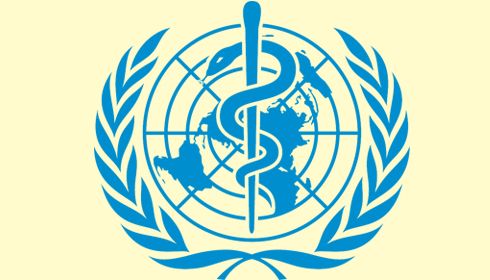
Urgent Action Needed: Uniting Against Female Genital Mutilation on International Day of Zero Tolerance
On the International Day of Zero Tolerance for Female Genital Mutilation, we stand in solidarity with the girls and women who have endured this egregious violation of their human rights. Each survivor's story serves as a clarion call for action, and every step they take towards reclaiming their lives strengthens the global movement to eradicate this harmful practice.
With over 200 million girls and women having undergone female genital mutilation, and nearly 4.4 million girls at risk this year alone, the urgency to act cannot be overstated. These numbers translate to more than 12,000 cases daily, highlighting the scale of the challenge we face.
Aligned with commitments outlined in key agreements such as the Beijing Declaration, the International Conference on Population and Development (ICPD25), Generation Equality, and international norms like CEDAW and CRC, we reiterate our resolve to prevent and respond to female genital mutilation. Our commitment is also echoed in the Sustainable Development Goals (target 5.3).
Female genital mutilation violates the rights of women and girls, jeopardizing their physical and mental well-being and curtailing their potential for a healthy and fulfilling life. It exposes them to severe pain, bleeding, infections, and long-term health complications, including risks during childbirth that endanger both mother and child.
In our pursuit of a world free from discrimination and harmful practices against girls and women, it is essential to center the voices of survivors. We must amplify their voices to raise awareness, inspire collective action, and empower them to play an active role in prevention and response efforts.
Survivors possess invaluable insights into the challenges and solutions necessary to eliminate this practice. Therefore, investing in survivor-led movements, particularly at the grassroots level, is paramount. This entails dedicating resources to advance their efforts and ensure their meaningful participation in shaping interventions.
Additionally, comprehensive and culturally sensitive services must be made available and accessible. This includes bolstering healthcare, social, and legal services to support survivors on their journey towards healing and justice.
UNFPA, UNICEF, OHCHR, UN Women, WHO, and other UN entities remain steadfast in their commitment to partnering with survivors as community champions and leaders. By centering their voices and perspectives, we can design and implement more effective programs to prevent and respond to female genital mutilation.
While progress has been made over the past three decades, with a decline in the practice observed in many countries, concerted and sustained efforts are needed to achieve our shared goal of ending female genital mutilation by 2030. Together, guided by survivors, we can consign this harmful practice to history, once and for all.